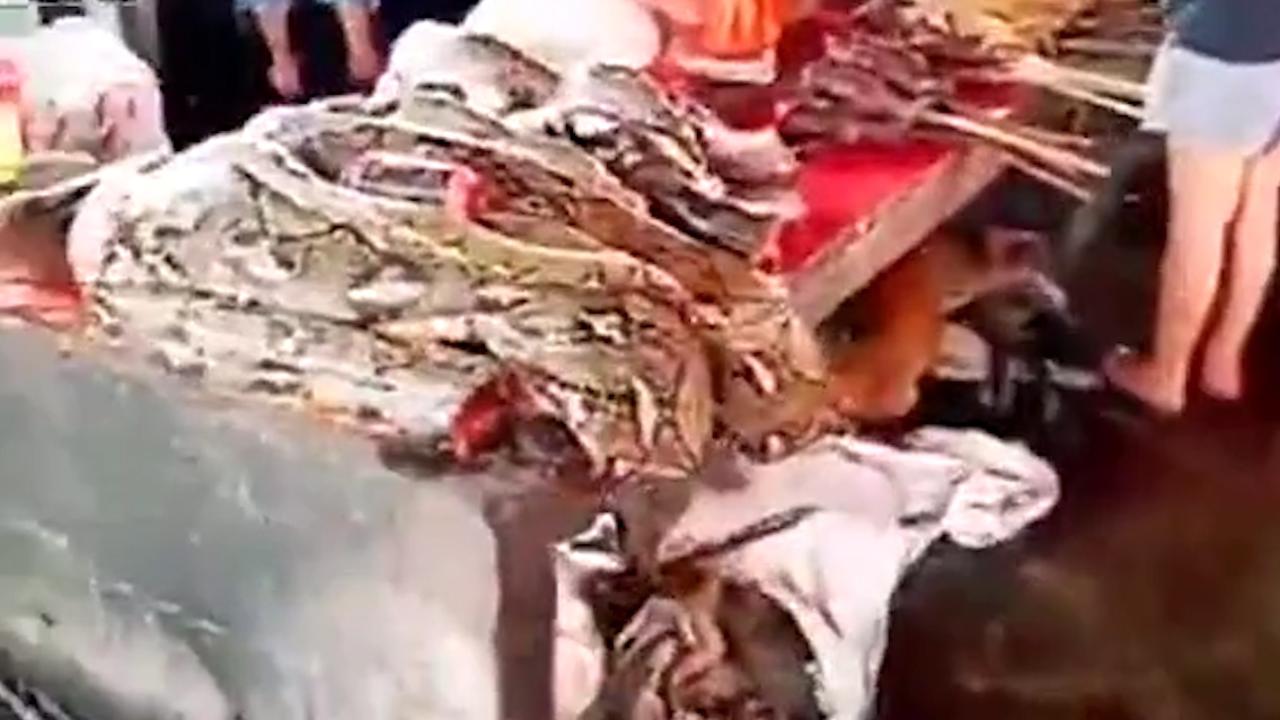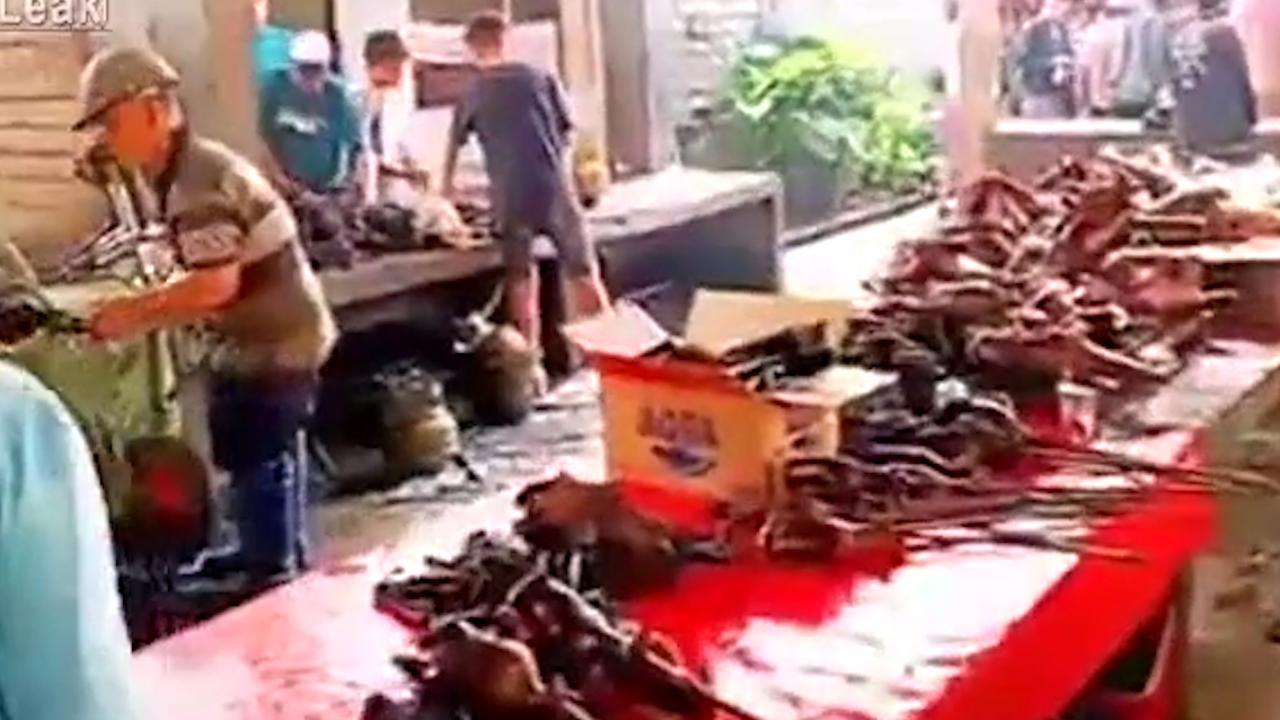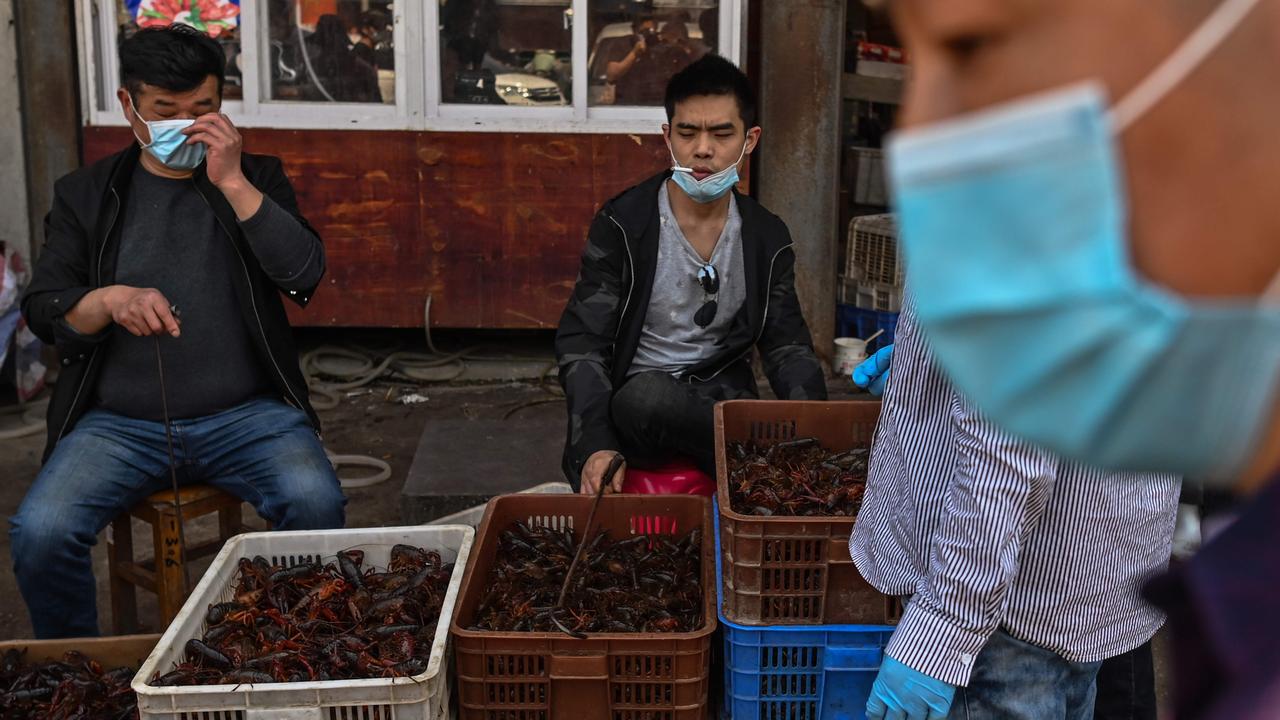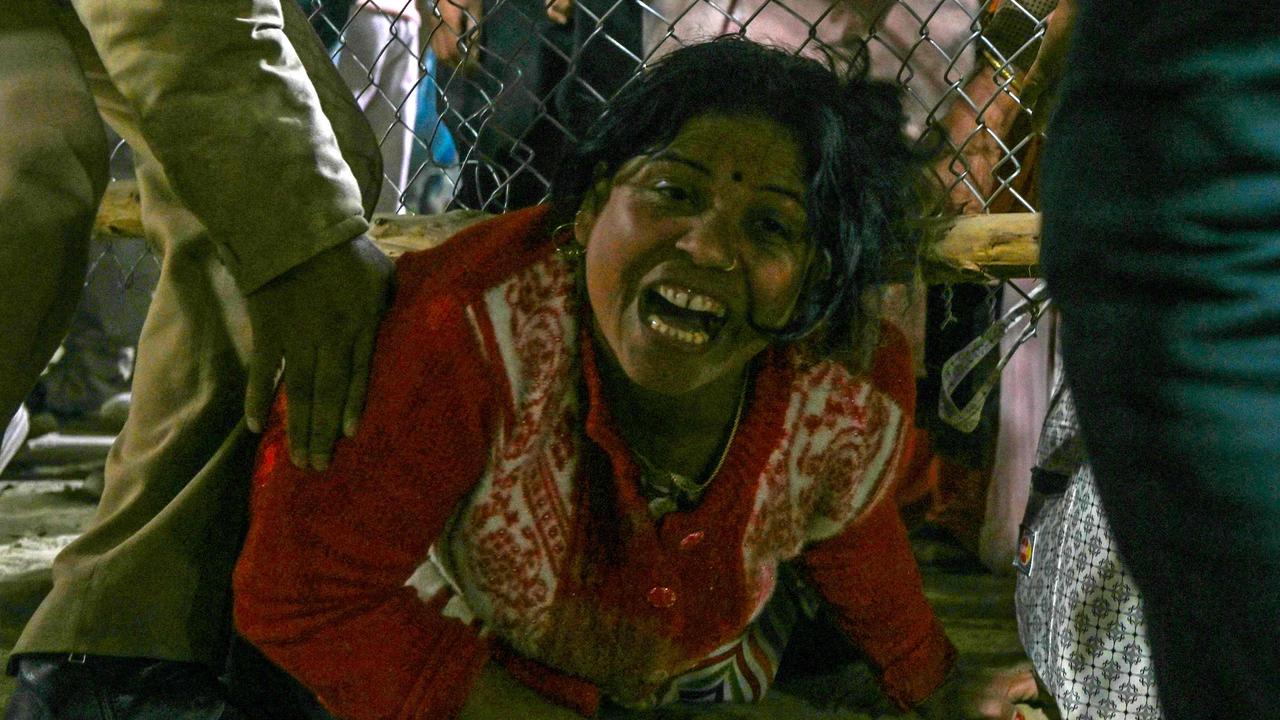Wuhan bans eating wild animals after coronavirus linked to wet markets
The city at the centre of the coronavirus pandemic has banned the eating of wild animals amid mounting pressure to crack down on the illegal wildlife trade.

Eating wild animals has been banned in Wuhan, amid mounting pressure for the government to crack down on the illegal wildlife trade.
The Chinese city at the centre of the coronavirus pandemic is known for its wet markets – blamed by many for being the source of the virus that has killed more than 326,000 people around the world.
Now, eating wild animals, as well as hunting them within city limits, has officially been prohibited, with the city in China’s Hubei province declaring itself a “wildlife sanctuary” on Wednesday, CBS reported.
Government-sanctioned hunting for “scientific research, population regulation, monitoring of epidemic diseases and other special circumstances” is the only exception.
The new policy, which went into effect on May 13, will stay in place for five years, according to a notice released by the Wuhan government today.
RELATED: Follow the latest coronavirus updates
RELATED: Horrific footage emerges from wet markets


City officials also said the local government would take part in a wider national scheme to buy wild animal breeders out, with new controls citing that no exotic animals can be reared as food.
China had already banned the sale of wild animals for food as coronavirus spread around the world due to the risk of diseases spreading to humans, but the trade remains legal in most parts for the purposes of research and traditional medicine.
Experts in China said in January that the virus had likely jumped on to humans from wild animals sold as food at a wet market in the city of 11 million.
The Huanan Seafood Wholesale Market was shut on January 1 following a local spread of the virus, and is largely thought to be the source of the global outbreak.
The market offered the sale of live animals like foxes, crocodiles, wolf puppies, snakes, rats, peacocks, porcupines, koalas and game meats.
Multiple organisations, leaders and experts around the world, including Prime Minister Scott Morrison, have condemned the move to keep live animal markets open.
“Poorly treated animals are stressed, and stressed animals are more likely to harbour new diseases because their immune systems are compromised,” University of Queensland Centre for Animal Welfare and Ethics Professor Clive Phillips wrote for The Conversation.
“This means these wet markets, where there are stressed animals in close contact with humans, are the perfect breeding ground for new diseases.”
PETA spokeswoman Emily Rice said: “Another pandemic is inevitable if we fail to learn from this one, which is why PETA is calling on the WHO to take action against these cruel and dangerous operations.”
RELATED: Six coronavirus facts experts want you to know

The World Health Organisation (WHO) earlier this month, however, said that although the market in Wuhan likely played a significant role in the emergence of the new coronavirus, it didn’t recommend that such markets be shut down globally.
In a press briefing, WHO food safety and animal diseases expert Peter Ben Embarek said live animal markets are critical to providing food and livelihoods for millions of people globally and that authorities should focus on improving them rather than outlawing them – even though they can sometimes spark epidemics in humans.
HSI China policy specialist Peter Li told AFP that similar plans to those now in place in Wuhan should be rolled out across the country.
While he cautioned that Huanan’s proposals leave room for farmers to continue breeding exotic creatures, so long as they are not sent to food markets, he said authorities are moving in the right direction.
“In the past 20 years, a lot of people have been telling the Chinese government to buy out certain wildlife breeding operations – for example bear farming,” he said.
“This is the first time that the Chinese government actually decided to do it, which opens a precedent (for when) other production needs to be phased out.”
– with AFP




